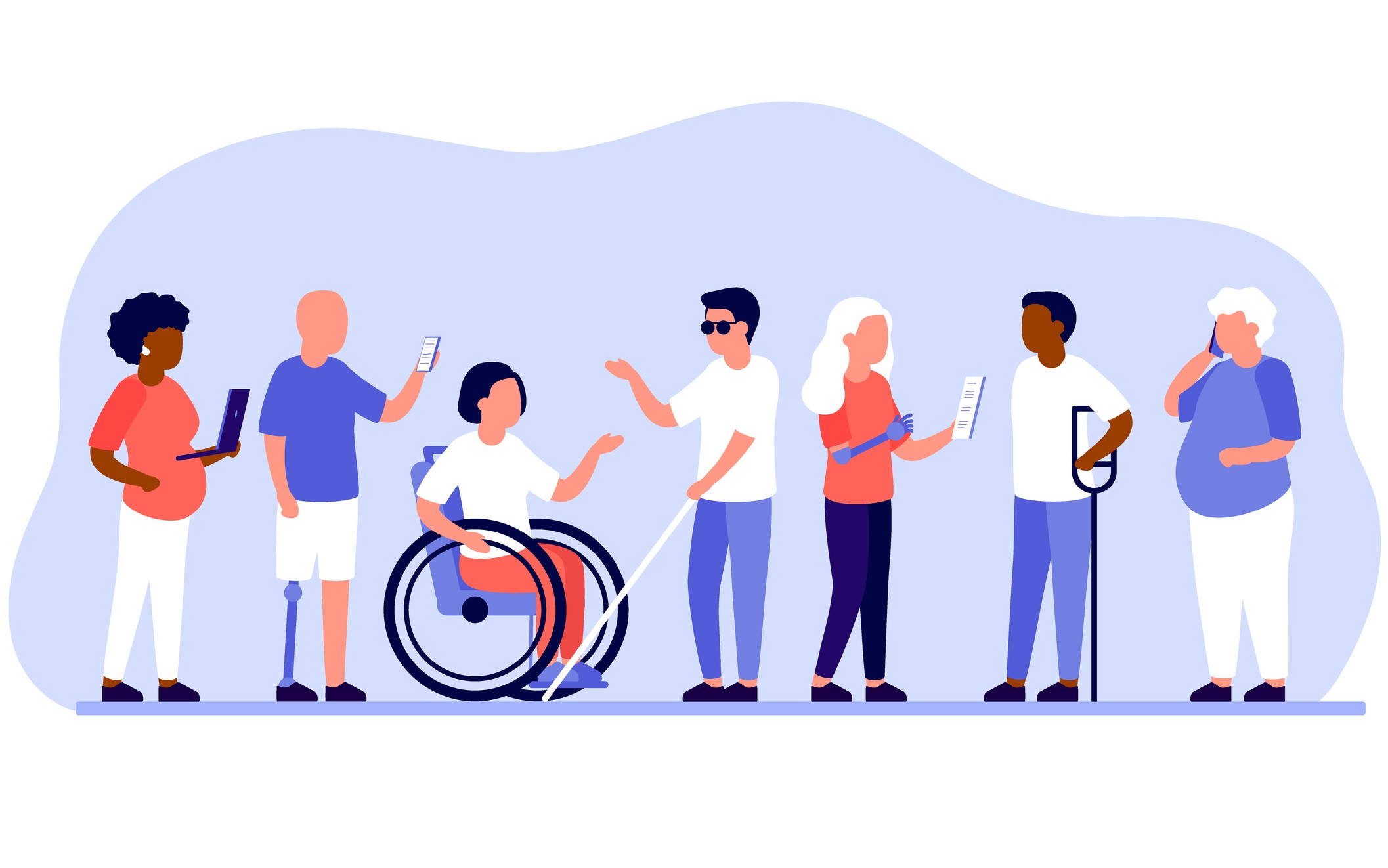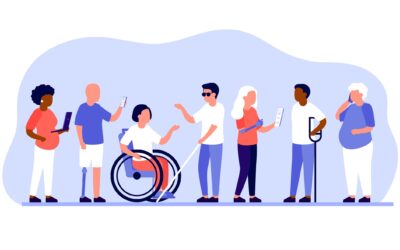[vc_row type=”in_container” full_screen_row_position=”middle” scene_position=”center” text_color=”dark” text_align=”left” overlay_strength=”0.3″ shape_divider_position=”bottom” bg_image_animation=”none”][vc_column column_padding=”no-extra-padding” column_padding_position=”all” background_color_opacity=”1″ background_hover_color_opacity=”1″ column_link_target=”_self” column_shadow=”none” column_border_radius=”none” width=”1/1″ tablet_width_inherit=”default” tablet_text_alignment=”default” phone_text_alignment=”default” column_border_width=”none” column_border_style=”solid” bg_image_animation=”none”][vc_column_text]Would you forgo a 56 percent pay increase if you could go from the worst job benefits and perks to the best?
If you answered yes, then you agree with a new research from the National Bureau of Economic Research. The study showed people switching from a job with the worst mix of perks and benefits to the best was worth 56 percent in increased wages.
What do employees value the most in a job?
The research says employees value perks and benefits as more important than “substantial” earnings. Researchers looked at a mix of non-wage job characteristics.
They compared things like no paid time off, inflexible hours and heavy lifting to the very best perks out there. Those include substantial time off, little or no lifting and setting your own schedule.
>> Read more: 3 Work Perks Employees Say They Want Now
The data was compiled to show what the equivalent average wage increase would be for the perk.
So 20 paid days off every year is worth 23 percent of a wage increase, and 10 paid days off was worth 16 of a wage increase.
The data showed more than just paid time off. If you can set your own schedule, it’s worth 9 percent of a wage increase than if a manager sets it for you.
Like working by yourself? That’s worth 8 percent of a wage increase compared to working on a team.
Better Benefits and Perks or a High Salary?
Studies like this are good for research and fun to compare to our own work experience. But this one also underscores a key point: workers truly value good benefits and would consider a lower salary if they are compensated in other ways.
One way to do it is by helping employees lower their commuting costs. Commuter benefits can help employees reduce the cost of commuting on public transit, rideshares (Uber and Lyft) and for qualified paid parking by up to 40 percent every month.
The savings come because employees are allowed to set money aside in paychecks tax-free. Starting Jan. 1, 2019, employees can save $265 per month in their checks to cover commuting. It adds up.
A Benefit that helps Employees save money
Take a Washington, D.C. commuter making $75,000 per year who is not married. If this person spends $265 per month on commuting, they can save more than $1,100 per year with commuter benefits, for example.
And there’s a corresponding benefit for employers. Since employees are not taxed on the money they save for commuting costs, you will pay less in payroll taxes.
It’s truly a win-win benefit for companies and employees. As the National Bureau of Economic Research study shows, employees value perks and benefits.
Take a look at how commuter benefits can improve your workplace by download a comprehensive guide.
[/vc_column_text][nectar_btn size=”large” open_new_tab=”true” button_style=”regular” button_color_2=”Accent-Color” icon_family=”none” url=”https://go.commuterbenefits.com/commuter-benefit-101-guide-blog?utm_source=blog_post&utm_medium=CTA&utm_campaign=101_Guide” text=”Download the Commuter Benefits 101 Guide”][/vc_column][/vc_row]







